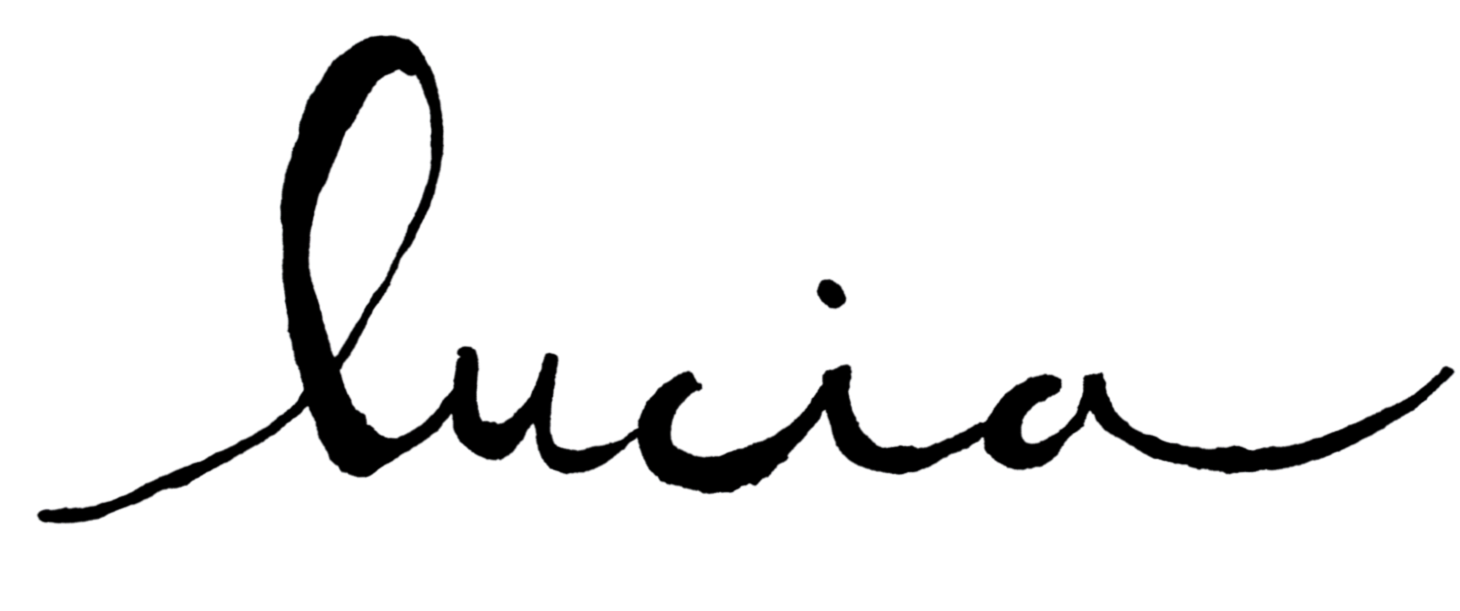Easter Sunday by Cicely Andree Conway
(720 words)
Where is the church for those of us seeking spirituality without religion? Where do we go to find community, compassion, spiritual guidance, inspiration, holiness? Where do we take our families for this experience?
It is Easter Sunday today. My heart aches for my father. Easter was a special time for my family growing up. My father died on a Good Friday, and my mother carried that memory and tradition of Easter through our childhoods.
My memories of Easter are
baskets, candy, treats
and church.
Photo by Laura Lowery
In Georgia, we went to church and then visited my father’s grave on Easter. I remember being dressed up one year in my favorite dress that had a popsicle pin buttoned onto it that I liked very much.
His grave was on a hillside, I think. I remember it smelled of pine. Sunlight. And fresh grass. We would bring him flowers and letters and my mom would sit while my brother and I ran around. How her heart must have ached.
I woke up feeling the grief of that loss today. I watched my daughter play with her toys on the ground in front of me, and I felt so deeply sad that my father is not here to witness her. The loss feels big right now, a big hole of yearning. I let some tears shed as I watched my daughter. Watching her move is simply remarkable; watching her feels like a million little miracles in each moment. I think my dad would have felt the same way watching her.
And so here is my question. Where is my church? I have always loved all forms of churches. The air of holy spaces feels different, dense with devotion, quiet, heart, spirit.
I was raised going to weekly Sunday mass in a Catholic church. It was a haven for my mother who was raised that way; the community there rooted her, I think. As a child it felt cold, large, heavy with scent of incense, dark, disconnected for me. I didn't enjoy it very much.
I have found my church in other places as I have grown into my womanhood. Yoga, the outdoors, meditation, conversations.
Now that I am a mother, I realize these places of holy are individualized. They are not really community based. They can be, definitely, but they are not the same as church. Why? Because I go there alone.
Photo by Laura Lowery
Growing up, we would go to mass as a family. Then, at some point in the mass, the children would be taken to Sunday school and the parents would have their alone time during the mass. The children would return for the end of the ceremony and then the mass would end. There would be doughnuts and coffee after, always my favorite part.
Each week I would select a plain doughnut with chocolate icing and devour it as my mother milled and spoke with different community members.
Now that I am a parent, I crave that at times. I crave a space where I can go with my family that is focused on spiritual growth; to know that everyone is there for the same thing must feel sweet at times. And in that spiritual place there is built-in community, for parents, for children, for the self.
Most days I’m happy and relieved that I don't have another weekly obligation, that I don’t have to drag my family out of bed and get them to something by 10am. Most days I’m happy I’ve been able to invent my own religion and that I will let my daughter invent hers. But today, this Easter day, I yearn for it.
I yearn for a space to take my family, unshowered, fumbly dressed, craving Sunday morning cartoons and doughnuts instead of a “talk” in a building that is quiet and very “unfun”. I crave it because I want to feel held, I want to feel like I'm in the presence of others seeking Light and Spirit and Peace, I want to feel connected to my mother and to my father, I want not to feel so alone. I want to feel like I can look up at the way the light shines through the stained glass and see my father.
Cicely Andree Conway is a licensed acupuncturist, massage therapist, yoga practitioner and teacher. She enjoys time with her husband, being in nature and exploring life through the eyes of her daughter.











